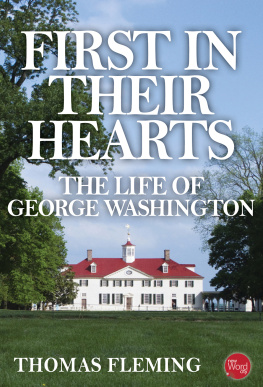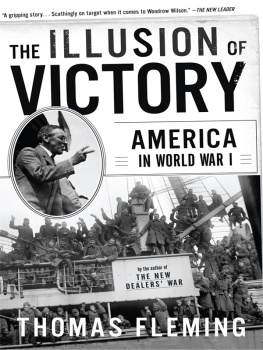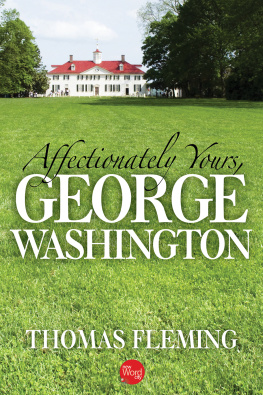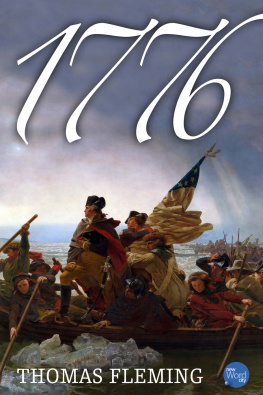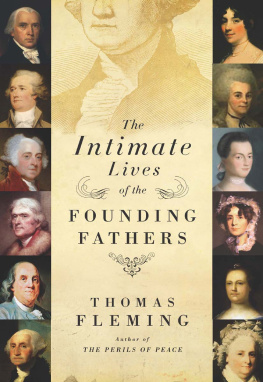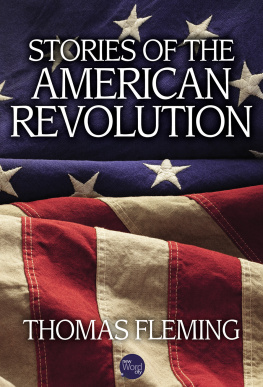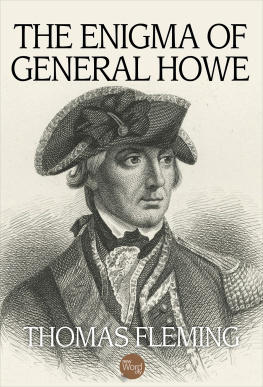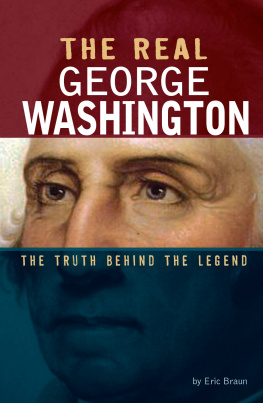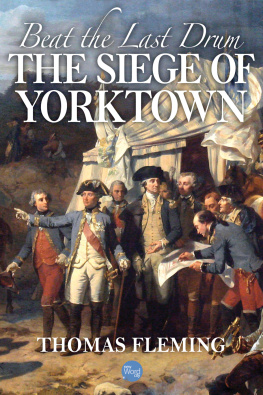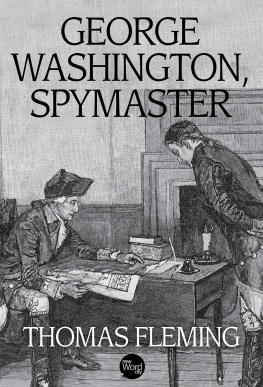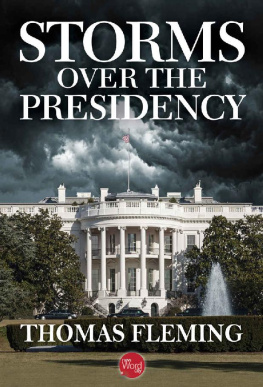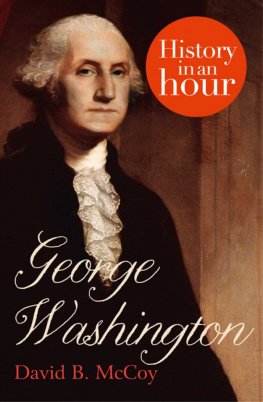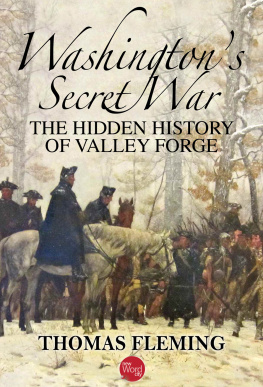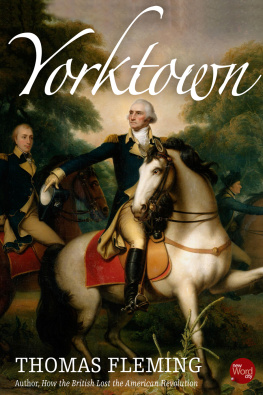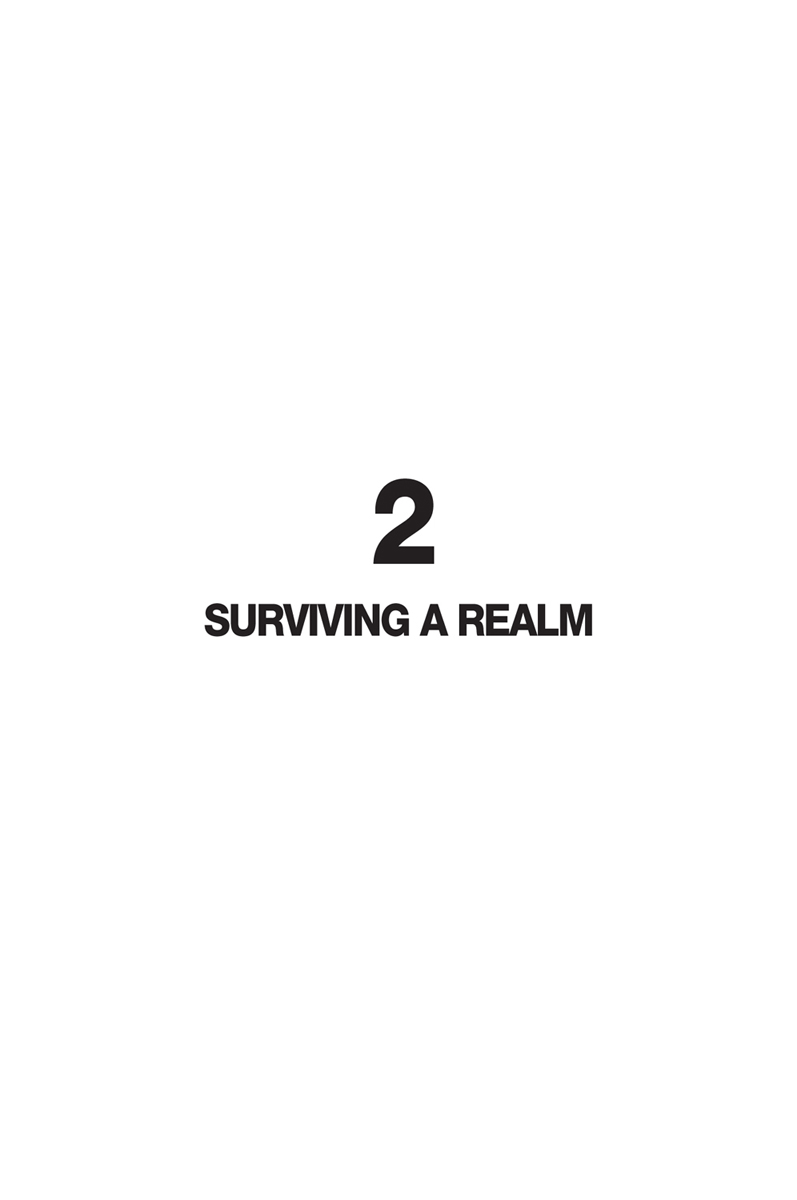All though the bitter December day the two men labored beside the turbulent ice-choked Allegheny River, hacking down trees with their single small hatchet and lashing the logs into a raft. One of them was a smallish, average-looking man, a veteran frontiersman named Christopher Gist. The other was a young giant named George Washington.
He stood six feet two and one-half inches in an age when disease and poor diets kept most men a half-foot shorter. His arms and legs were exceptionally long and his hands were twice the size of those of an ordinary man. Amazing strength flowed into them from his massive shoulders. Even as a boy he had been an unbeatable wrestler, and when it came to throwing a ball or a bar of iron, he was a legend in his own time.
Washington needed every ounce of this physical prowess on the day he challenged the icy Allegheny. The place where he and Gist built their raft is now within the city limits of Pittsburg. In 1753, it contained mile after unmapped mile of dense forest, thick with giant black walnut, cherry, oak, and locust trees and tangled creepers. Both men were exhausted by days of tramping through cold so fierce the small streams froze solid, and it was impossible to find drinking water. Finally, as the sun sank behind the western hills, the raft was ready, and they poled away from the bank to begin a wild voyage.
They were in trouble from the first moment. Even Washingtons strength was helpless against the rivers black, violent current. Massive ice floes smashed against the raft, almost capsizing it. It was flung this way and that, like a chip of wood in a rushing gutter. In desperation, Washington shoved his pole straight down to the bottom, hoping to hold the raft against the current until they saw an opening in the thundering, crunching stream of ice.
He had badly underestimated the rivers power. The moment his pole touched bottom, the raft spun in a wild circle, and he was pitched headfirst into the dark, freezing water. The raft swirled past, while Gist could only stare in paralyzed horror. At the last possible moment, one of Washingtons long arms shot out, and his big hand caught a projecting log. Swearing vigorously, he dragged himself back aboard the raft.
Desperate now, his clothes soaked in the below-freezing cold, he saw they could neither advance nor retreat. He ordered Gist to pole for a small barren island in the center of the river. They stumbled ashore and spent a long frigid night there, without even wood to make a fire. All they could do was pace up and down, beating their arms and stamping their feet to keep from freezing to death. Long before morning, Gists fingers and toes were badly frostbitten. Washington, in spite of his soaking, was unharmed. In the first gray light of dawn, he peered at the river. With a whoop of joy he shouted good news to his unhappy comrade. The watery foe was frozen solid. They could walk across!
George Washington was twenty-one years old when he survived this bout with the Allegheny River. He was on the last leg of a thousand-mile journey through a winter wilderness with a message that began a world war. The daring Siegneurs of Imperial France had armed and inflamed the Indians and had built a fort in English territory, south of Lake Erie, preparing the way to claim the vast Ohio Valley for their king. Robert Dinwiddie, the Royal governor of Virginia, decided to send them an ultimatum demanding retreat and threatening war. In all Virginia, he could find only one volunteer willing to risk the freezing, savage-infested forests: a raw laddie, as the old Scot called him, named George Washington.
The green volunteer proved himself the equal of veteran frontiersmen like the forty-four-year-old Gist. Swiftly Washington organized and led a seven-man expedition, which covered 500 miles of trackless forest in the worst of winter and delivered the message to the French commander. Along the way, Washington also negotiated with Indian chiefs and did a little espionage. Meeting a detachment of French soldiers in the forest, he had dinner with them. When the French began to dose themselves pretty plentifully with wine, young Washington remained sober and soon had the French blabbing about troop movements, reinforcements, and their secret intentions. They told me it was their absolute design to take possession of the Ohio and by God they would do it, he wrote in his journal.
Washington raced back to Virginia with the news. A few months later, at the age of twenty-two, he was out on the frontier again, leading a regiment, with the rank of lieutenant colonel. When his Indian scouts spotted a French patrol, the impetuous young commander immediately decided to attack. Marching all night, he stealthily surrounded the sleeping enemy. Then with a fearlessness that was to be his trademark as a soldier, Washington strode into the clearing and called for their surrender.
The French reply was a volley in Washingtons direction. One man was killed and two were wounded only a few feet away from him. I heard the bullets whistle, he wrote to his brother Tack the next day, and believe me there is something charming in the sound.
The Virginians returned the French fire with a hail of bullets from all sides. In fifteen minutes the fight was over. Ten Frenchmen lay dead and twenty-one survivors surrendered. Young Washington was elated. If the whole detachment of the French, he wrote Governor Dinwiddie, behave with no more resolution than this chosen party did, I flatter myself we shall have no great trouble in driving them to Montreal.
The fledgling lieutenant colonel soon regretted his overconfidence. A few weeks later, French reinforcements attacked him and his untrained soldiers in Fort Necessity, a flimsy stockade they had constructed at a place called Great Meadow on the western side of the Allegheny plateau. Hoping to fight a drill-masters war, Washington marched his men out and tried to engage the French in the open field. The French, well trained in forest fighting, scattered behind rocks and tree stumps and poured a withering fire into Washingtons compact force. Though the Virginians soon took cover in the forts trenches, French marksmen quickly depleted the regiment. Worse, a downpour fouled guns, soaked powder, and left Washingtons men up to their waists in muddy water.
In a midnight parley, the French offered to let the survivors (almost one-third of Washingtons 284 men were dead or wounded) march out with their arms, unmolested if they agreed to retire to Virginia. The weary Washington looked around him. His men were completely demoralized, their weapons almost useless. Worse, in the darkness, some had gotten into the rum and were rapidly getting drunk. There was really no alternative but to swallow, for the first time, the bitter taste of defeat and surrender. The next day, Washingtons battered men straggled toward Virginia, carrying the wounded on their backs. The date, which meant nothing to the unhappy lieutenant colonel for the moment, was July 4th.
For the next seven years France and England grappled for supremacy in Europe, the West Indies, Asia, and America, in a world war begun by Washingtons chastening baptism of fire. It is almost uncanny - and forgotten by most Americans - that this oversized young Virginian, born three thousand miles from London and Paris, managed to thrust himself, at twenty-one, onto the center of the world stage. Where did he come from? He did not spring from the earth full grown to set the wheels of history whirling. No one can hope to understand George Washingtons amazing career without exploring his boyhood and teenage years.

